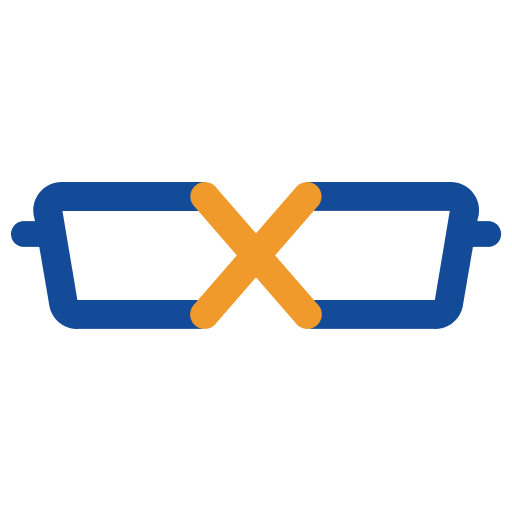Presbyopia Lasik / Monovision Lasik

Presbyopia is a universal phenomenon occurring in all adults above 40 years of age due to loss of accommodation power in lens (Adjustment of lens to the focus on object).
People with presbyopia will have to use ‘reading glasses ’ to see the nearer object or to read. If one
wishes to go for a Lasik Procedure for correction for near vision, we perform a procedure what is
called as Monovision Lasik or Presbyopia Lasik.
We generally correct one eye for near vision and one eye for distance depending on whether they
have existing distance vision problem or not. If the distance vision is normal , we retain the distance
vision untouched and perform the near vision correction to correct the hyperopia or presbyopia.
How Presbyopia Lasik is performed
The dominant eye is first identified and retained or corrected for distance vision first and the non-
dominant eye is corrected for hyperopia or for near vision problems.
Techniques & Treatment Plans
Monovision Lasik / Presbyopia Lasik can be performed using any technique of Lasik except SMILE technique.
Why Monovision / Presbyopia Lasik
- If you are above 40 years and have presbyopia , Monovision Lasik is one of the choice for having a glassfreelife.
- It’s easy getting rid of glasses
- Its practiced widely for people above 40 years of age
Depending upon corneal thickness and regularity study, you will be offered the following Lasiks
Flap Lasiks if you have sufficient thickness
- Conventional Lasik (Microkeratome / Blade Lasik)
- Femtosecond Lasik / All Laser Lasik
Non- Flap Lasik if you have thin cornea
- Trans PRK
Treatment Plans
- Wavefront Guided Customised Lasik
- Topoguided / Contoura Vision Lasik

Suitable for
Refractive Errors Correction
Advantages
Widely available in expert Refractive Centres
All Lasik Techniques can be used except SMILE procedure technique
Duration of the procedure
Recovery
Before Surgery
Corneal Topography and Thickness Test
Dominant Eye Test
Dry Eyes Test
Basic Laboratory tests – Viral Screening and Blood Sugar for Diabetics
After Surgery
Resuming work
FAQs
Is Monovision / Presbyopia Lasik suitable for all above 40 years
Monovision lasik has to be selected very carefully depending upon lifestyle. If you are night time
driver or an outdoor sportsman, Refractive Lens Exchange is a recommended procedure and
Monovision Lasik is not recommended
Can Monovision Lasik correct both Distance and Near Vision
Monovision Lasik is performed generally for hyperopia or presbyopia where we correct one eye
for correction of near vision. If you already have a myopia of distance vision problem we correct
one eye for distance vision (Dominant Eye) and one eye for near vision. Perse monovision lasik
does not correct both near and distance vision in both eyes
If I have Dry eyes, can I still go for Monovision Lasik
If the severity is moderate to high, we do not recommend Lasik. We generally consider other
types of Refractive Surgery in case of moderate to severe cases like Refractive Lens Exchange
What powers can be corrected with Monovision Lasik
Moderate Hyperopia and Moderate Myopia
What are the disadvantages of Monovision Lasik
The most common disadvantage is accommodation to the vision as monovision corrects only one
eye for near vision and one eye for distance. Distance vision during driving and outdoor activities
will not be same as prior to the procedure. Getting used to monovision lasik takes time
Can I undergo Monovision Lasik on same day
Yes, we perform monovision lasik in one single day even if both eyes have to be corrected for
different visions
Experience
Expertise
Excellence
With Over 20 Years of Experience in Lasik and other Refractive Surgeries , GFL offers excellence in Lasik and other Refractive Surgeries for people of any age between 18 years to 80 years
Experience
Expertise
Excellence
With Over 20 Years of Experience in Lasik and other Refractive Surgeries , GFL offers excellence in Lasik and other Refractive Surgeries for people of any age between 18 years to 80 years

